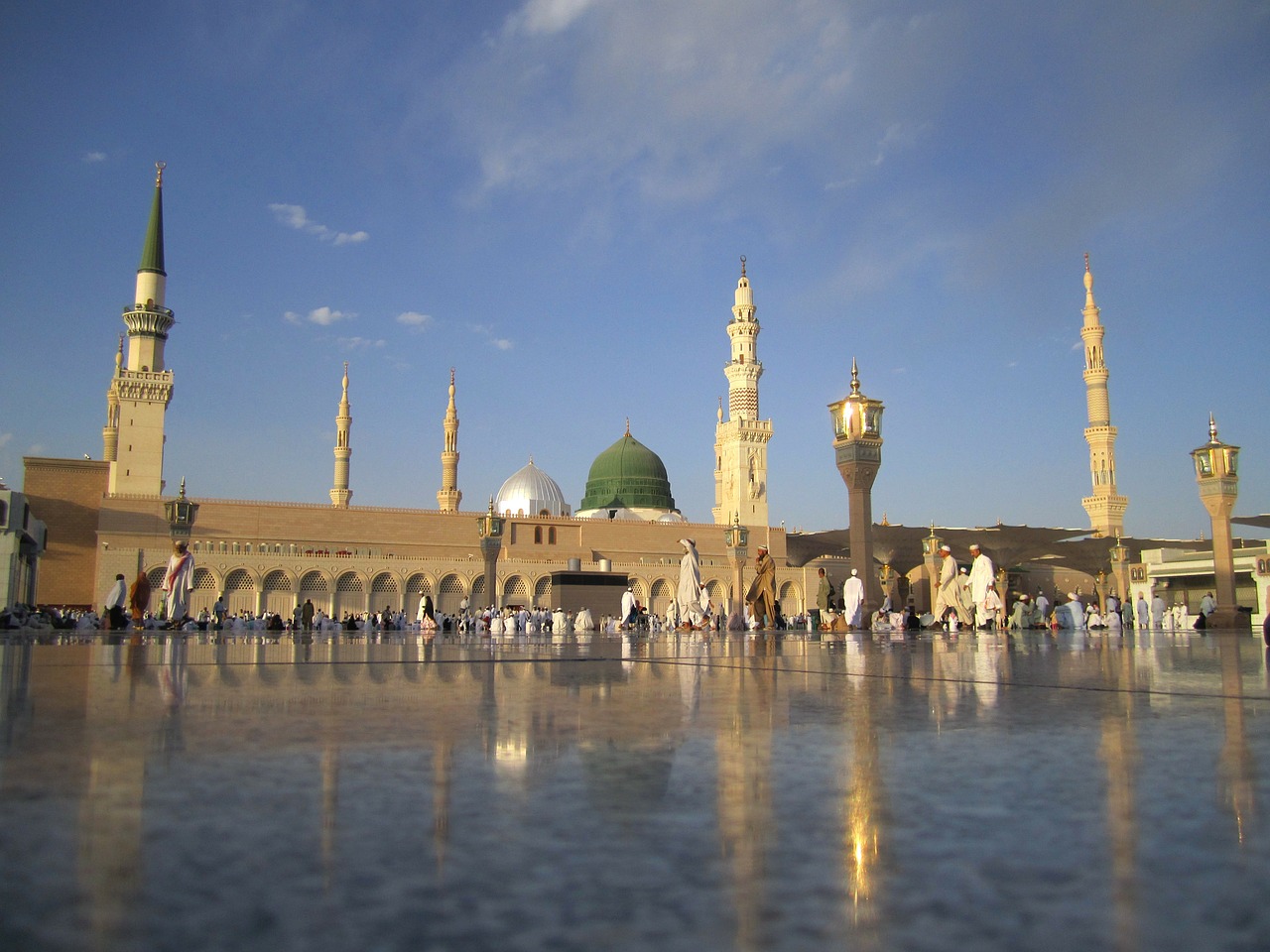
Saudi Arabia executes 37 for terror-related crimes
Saudi Arabia executed 37 men for terrorism-related crimes. Among those killed, 11 were accused of spying on behalf of Iran. Fourteen were convicted for offenses pertaining to anti-government protests. Most of the convicts were Shi’ite, and were predominantly from the country’s Shia-majority eastern province. One was arrested when he was 16 years old. Amnesty International harshly criticized the mass execution, charging that torture was used to secure forced confessions in some of the cases. Amnesty also said Saudi Arabia’s executing of those who were under the age of 18 at the time the offense was committed constitutes a violation of international human rights law. (Photo: Pixabay via Jurist)


